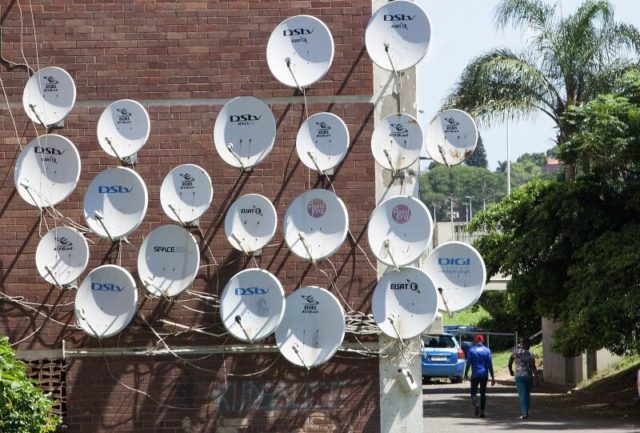While the switch-off was postponed to June 30, acting Judge Henry Msimang ruled in favour of the minister, noting that: ’It is in the interest of the country, the economy and for South Africans in general that the Digital Migration be finalised.’
CIVIL society has welcomed the Gauteng High Court’s decision to delay the analogue switch-off, which was set to take place on Thursday, by at least three months.
The news follows an outcry by civil society after Communications and Digital Technologies Minister Khumbudzo Ntshavheni said the switch-off would not be delayed despite over two million households that had still not been registered to receive an STB (set-top box) for the migration. The migration begins with the “switch-on” of the broadcasting digital transmission signals and ends with the “switch-off” of analogue.
While the switch-off was postponed to June 30, acting Judge Henry Msimang ruled in the favour of the minister, noting that: “It is in the interest of the country, the economy and for South Africans in general that the Digital Migration be finalised.”
He also noted that South Africa had to meet its international obligations and that it would be unreasonable to hold up a process that would “eventually be of benefit to all citizens”.
The case was brought by ETV as well as Media Monitoring Africa and SOS Support Public Broadcasting which had applied to intervene in the matter.
South Africa is a member of the International Telecommunications Union (ITU). In 2006 the Regional Radiocommunication Conference (PRC-06) of the ITU resolved that all countries of Europe, Africa, Middle East as well as the Islamic Republic of Iran should migrate from analogue to digital broadcasting services by 2015.
Ntshavheni said she welcomed the deferment on the analogue switch-off date.
“This deferment is to give government sufficient time to complete installations of set-top boxes (STB) for households who have timeously registered and thus are entitled to receive their STBs before the analogue switch-off. The 30 June 2022 date coincides with the date Icasa had determined and announced as the end of transition period for the broadcasting services and signal distributors to vacate the 800MHz – 700MHz band. The minister deems it significant that the court has concurred with her and the other respondents that digital migration must be concluded, and the country must have a set date.”
In response to the judgment, SOS Coalition’s Rehad Desai said the decision will give the countries poor indigent households time to get the STB.
“The department has made a commitment ensuring 2.5 million houses are serviced in only three months. That is a lot of work that has to be looked at and monitored closely by civil society. It gives the department time to get together with civil society organisations to ensure the robust aggressive communication campaign around the switch-off.”
Peoples Media Consortium’s Hassen Lorgat added that while the judgment is “conservative”, it gives citizens at least three months to make the migration.
“We all want digital because it means better quality but we are not going do it (by) excluding people.”








